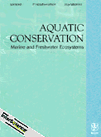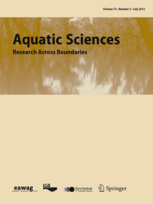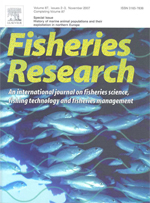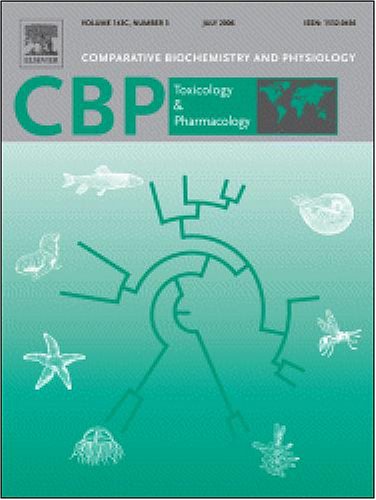(2014-2021)
Evaluating the effectiveness of long-standing freshwater protected areas for the management of largemouth bass populations
Recreational angling is an important sport and leisure activity practiced globally in both freshwater and marine environments, and accounts for an estimated 12% of global fish harvest annually. However, as of late there has been concern regarding the evolutionary consequences of recreational angling on wild fish populations. Similar to commercial fishing, recreational angling has the selective potential to alter the phenotypes of highly pressured populations, a phenomena referred to as fisheries-induced evolution (FIE). FIE can arise through selective harvesting of individuals of a particular size class, sex, or life-history stage. This type of selection can induce evolutionary changes among fish populations including reduced age and size at maturity, growth rate, and reproductive investment. To date, the majority of FIE research has largely focused on commercial fisheries, although little is known regarding the selective impacts of recreational angling on wild fish populations which are solely targeted for their sporting quality. The Rideau lakes system in Ontario, Canada, provides a unique opportunity to investigate FIE in the wild due to the presence of long-standing intra-lake fish sanctuaries. These protected fish sanctuaries provide access to isolated and unexploited fish populations. Historically, the largemouth bass has been the target of heavy fisheries exploitation due to its high sporting quality and excellent table fare. In the 1930’s and 1940’s the exploitation rates of largemouth bass throughout the Rideau lakes system reached critical levels, which prompted resource managers to create protected habitat zones which would serve as refuge areas for largemouth bass populations. As such, these protected areas have been isolated from fisheries activities for over 70 years, providing a unique opportunity to investigate the long-term impacts associated with different fisheries practices in a natural setting. Currently, our research team is working to investigate potential physiological and behavioural differences between largemouth bass populations that inhabit areas outside of these protected areas, and populations that reside within the sanctuary boundaries. Through large-scale field experiments evaluating differences in catchability, stress response, acoustic disturbance, and spatial use and residency patterns, combined with intensive laboratory experiments assessing changes in metabolism, and personality, this research program will be of the first to evaluate FIE in a natural environment using wild populations. Furthermore, this research could provide meaningful insight into the effectiveness of protected areas at isolating fish populations from the selective pressure of recreational angling.
Background
Lab Publications (32)
-
Dusevic, M.R., B.S. Etherington, W.M. Twardek, T. Lepine, A.J. Zolderdo, A.J. Gallagher, K. Peiman, and S.J. Cooke. 2024. Freshwater fish sanctuaries provide benefits for riparian wildlife. Aquatic Conservation. 34(8), e4232.
-
Zolderdo, A.J., J.W. Brownscombe, A.E.I. Abrams, C.D. Suski and S.J. Cooke. 2024. Space use and residency patterns of largemouth bass relative to a freshwater protected area. Aquatic Sciences. 86:23.
-
Zolderdo, A.J., A.E.I. Abrams, M.J. Lawrence, C.H. Reid, C.D. Suski, K.M. Gilmour, and S.J. Cooke. 2023. Freshwater protected areas can preserve high-performance phenotypes in populations of a popular sportfish. Conservation Physiology. 11:coad004.
-
Philipp, D.P., A. Zolderdo, M.J. Lawrence, J.E. Claussen, L. Nowell, P. Holder and S.J. Cooke. 2023. COVID-19 reduced recreational fishing effort during the black bass spawning season, resulting in increases in black bass reproductive success and annual recruitment. Fisheries Research. 259:106580.
-
Ekström, A., T.S. Prystay, A.E.I. Abrams, A. Carbajal Brossa, P.E. Holder, A.J. Zolderdo, E. Sandblom and S.J. Cooke. 2022. Impairment of branchial and coronary blood flow reduces reproductive fitness, but not cardiac performance in paternal smallmouth bass (Micropterus dolomieu). Comparative Biochemistry and Physiology A. 267:111165.









